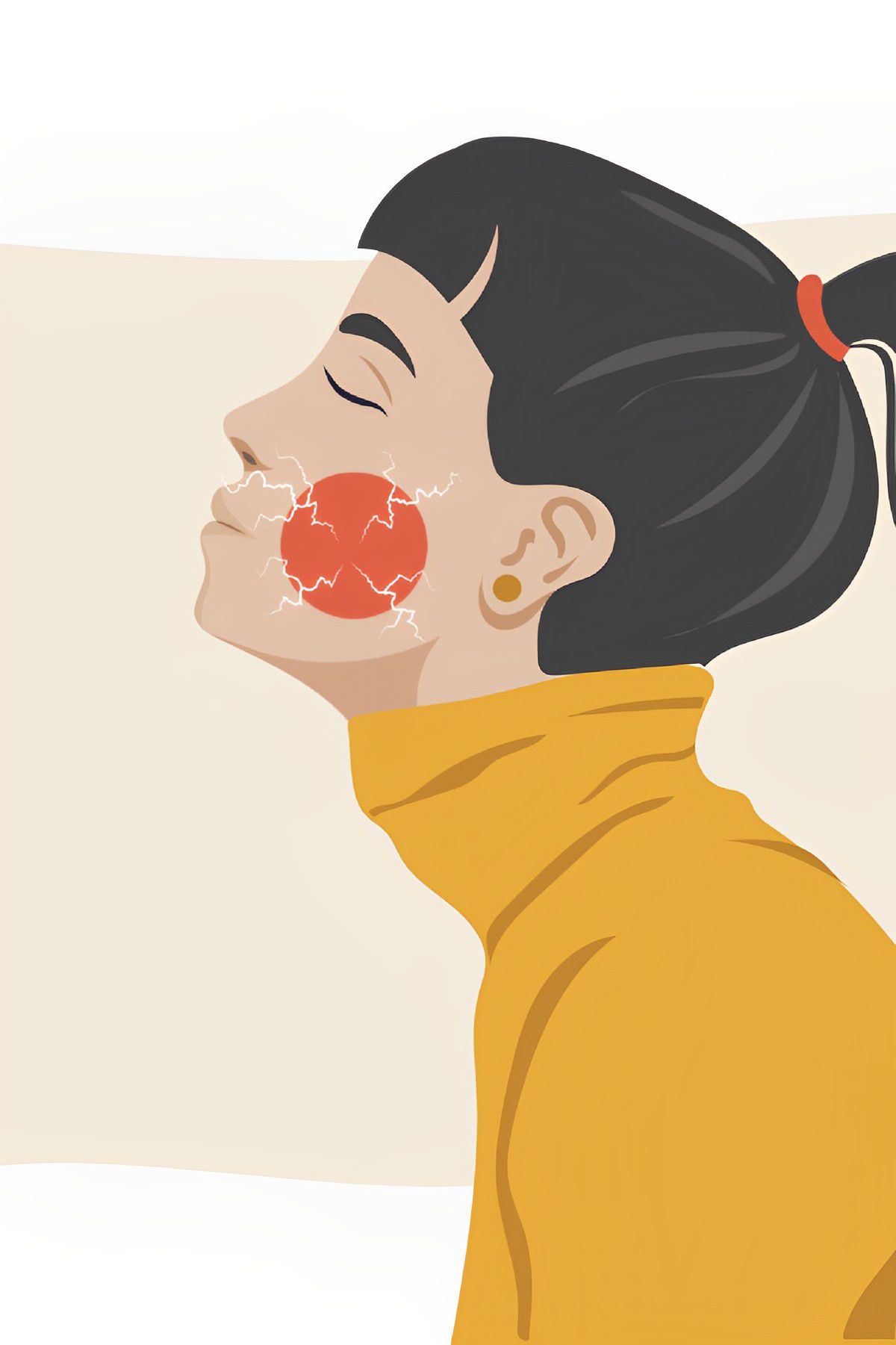TMJ Problems
Make an Appointment
Online Schedule
Unlock a Better & Healthy Smile
TMJ (temporomandibular joint) problems refer to a variety of conditions that affect the jaw joint and muscles that control jaw movement. Some common symptoms of TMJ problems include pain or tenderness in the jaw, clicking or popping sounds when opening or closing the mouth, difficulty chewing, and a feeling of tightness or stiffness in the jaw.
The causes of TMJ problems can vary, but they are often related to stress, teeth grinding, or an injury to the jaw or neck. Some people may also develop TMJ problems as a result of arthritis or other medical conditions.
Treatment for TMJ problems may include a combination of self-care techniques, such as avoiding hard or chewy foods, applying ice packs or moist heat to the jaw, and practicing relaxation techniques to reduce stress. Your dentist or doctor may also recommend wearing a nightguard to protect your teeth from grinding, or prescribing medication to relieve pain or muscle spasms.
In some cases, more advanced treatments may be necessary, such as dental work to correct a bite problem, or physical therapy to improve jaw function and reduce pain. Surgery is usually only considered as a last resort for severe cases of TMJ problems.
If you are experiencing symptoms of TMJ problems, it is important to see your dentist or doctor for a proper diagnosis and treatment plan. They can help you identify the underlying cause of your symptoms and recommend the most appropriate treatment options for your individual needs.
The procedures for treating TMJ problems may vary depending on the severity and underlying cause of the condition. Here are some of the common steps involved in the diagnosis and treatment of TMJ problems:
- Medical History and Examination: The first step in diagnosing TMJ problems is to consult with your dentist or doctor about your medical history and any symptoms you may be experiencing. They may also perform a physical examination of your jaw, teeth, and facial muscles to assess the extent of the problem.
- Imaging Tests: In some cases, imaging tests such as X-rays, MRI, or CT scans may be needed to get a more detailed look at the jaw joint and surrounding structures.
- Self-care Measures: In many cases, self-care measures such as applying ice or moist heat to the jaw, eating soft foods, and avoiding excessive jaw movement or grinding can help alleviate symptoms of TMJ problems.
- Medications: Your doctor may prescribe medications such as pain relievers, muscle relaxants, or anti-inflammatory drugs to help manage pain and inflammation associated with TMJ problems.
- Dental Work: If your TMJ problems are related to a bite problem, your dentist may recommend dental work such as orthodontics, bridges, or crowns to help improve your bite and reduce strain on the jaw joint.
- Physical Therapy: Physical therapy can help improve jaw function and reduce pain through exercises, massage, and other techniques.
- Surgery: In rare cases, surgery may be needed to correct a structural problem with the jaw joint or remove damaged tissue.
The treatment plan for TMJ problems will depend on the individual case and may involve a combination of these procedures. It is important to work closely with your dentist or doctor to find the most effective treatment plan for your needs.

Our Doctors Meet Our Dental Specialists
Make an Appointment
Online Schedule










